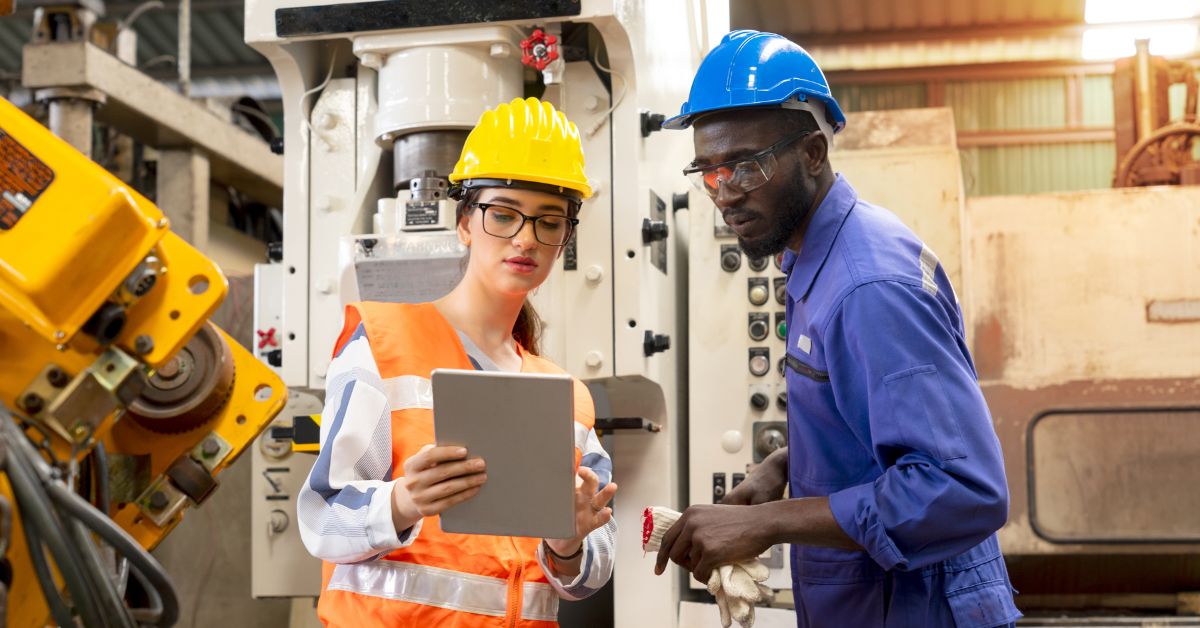
Creating meaningful change in manufacturing requires more than vague promises. It demands a conscious approach to processes, materials, and technologies. Sustainability is becoming an integral part of how businesses thrive while protecting the planet. In this article, we’ll explore ways that manufacturers can operate more sustainably, showcasing practical steps toward a greener future.
Minimalist Designs
Clean, sleek lines not only appeal to modern aesthetics but also reduce the need for excessive materials. By minimizing unnecessary components, minimalist designs optimize production processes, cutting down on resource consumption and energy use.
This approach not only leads to more efficient manufacturing but also results in products that are easier to disassemble and recycle at the end of their lifecycle. Additionally, the simplicity of minimalist designs often enhances durability, as fewer parts mean fewer points of failure. Overall, they contribute to a lighter environmental footprint, combining style, functionality, and sustainability.
Using Recycled Materials
Manufacturers play a critical role in driving the circular economy. Durable car parts made from recycled plastics, furniture crafted with reclaimed wood, electronics designed for easy repair, and clothing produced from upcycled fabrics are just a few ways that some manufacturers can operate more sustainably.
By prioritizing recycled materials, manufacturers reduce their reliance on raw resources and significantly reduce waste while maintaining quality and durability.
Controlled Energy Use
One of the biggest challenges manufacturers face is energy consumption. Some have addressed this with impressive ingenuity, such as equipping entire plants with solar panels or powering operations with wind energy. By controlling energy use, manufacturers conserve resources and cut emissions.
Gaining efficiency isn’t just about adopting renewable sources, though. Advanced machinery that shuts down when idle or smarter heating systems for factories also play a vital role. Every small step toward energy control makes a significant difference for both sustainability and cost-saving goals.
AI Resource Optimization
Artificial Intelligence is revolutionizing sustainable manufacturing by optimizing resource use and reducing waste. AI can accurately predict how much raw material a plant needs, preventing overproduction and minimizing surplus inventory.
Many manufacturers are also leveraging AI to monitor supply chains in real-time, ensuring ethical sourcing practices and improving transparency. By combining advanced technology with accountability, AI is driving the manufacturing industry toward a more efficient and sustainable future, paving the way for long-term environmental and economic benefits.
Better Finishing Techniques
The environmental benefits of powder coating over traditional liquid paints come down to zero volatile organic compounds (VOCs) and much less waste. This method reuses overspray materials, further enhancing sustainability efforts.
By prioritizing advanced finishing methods, manufacturers reduce their impact while maintaining product quality and durability. The end results speak volumes in both how things look and how they were created responsibly.
Driving Change Through Smarter Choices
Sustainability thrives not through lofty goals but through actionable steps. From adopting minimalist designs to exploring the environmental benefits of powder coating, solutions surround us, pushing industries closer to eco-friendly practices.
Whether you’re a professional in manufacturing or simply someone who values responsible production, keep looking for and supporting the innovators reshaping our future for the better. After all, every decision matters.





